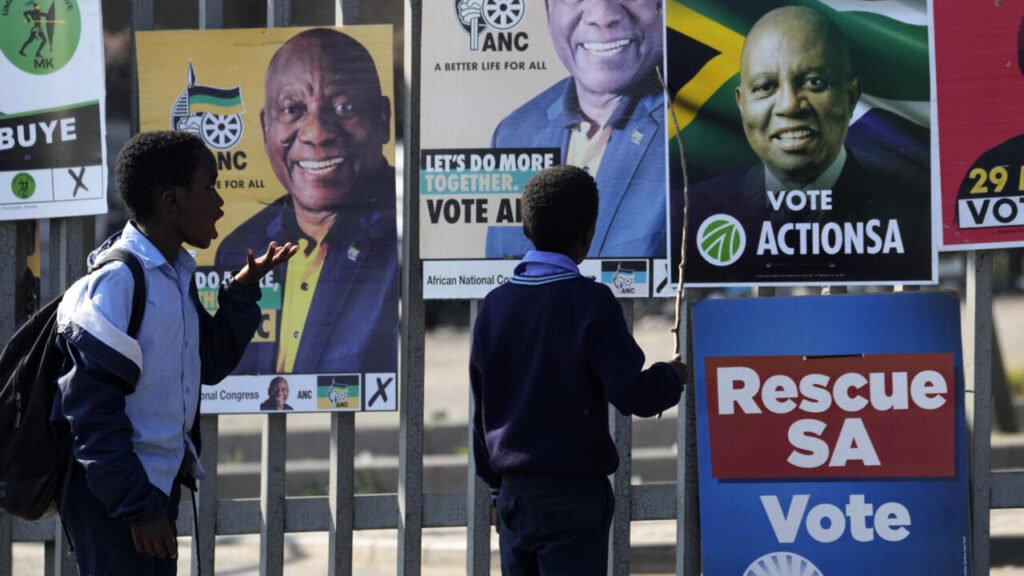South Africa’s newly elected parliament is set to convene for the first time on Friday, as political parties scramble to form a coalition following general elections that yielded no outright winner.
Lawmakers in the 400-seat National Assembly will be tasked with appointing a speaker and initiating the process of electing the country’s president—a process that may prove more complex than usual this year.
For the first time since democracy was established in 1994, President Cyril Ramaphosa’s African National Congress (ANC) lost its absolute parliamentary majority in the May 29 vote. The ANC, the party of late anti-apartheid leader Nelson Mandela, secured only 40 percent of the vote—its lowest ever—and now requires the support of other parties to govern.

“The first sitting of the National Assembly shall be on Friday, 14 June 2024,” Chief Justice Raymond Zondo announced in an order released by the justice ministry on Monday.
The ANC has indicated its desire to form a government of national unity with a diverse group of opposition parties, spanning the political spectrum from far right to hard left. However, the proposal faced initial resistance, particularly from the radical leftist Economic Freedom Fighters (EFF), who were reluctant to join forces with ideologically opposed parties such as the centre-right Democratic Alliance (DA).
Negotiations continued over the weekend, with top leaders of several parties, including the DA, holding internal discussions on Monday to determine a path forward.
In a separate development, former president Jacob Zuma’s uMkhonto weSizwe (MK) party, which placed third in the election with 14.6 percent of the vote and 58 seats, announced plans to file a court appeal to prevent the new parliament from convening. This move is pending a separate complaint over alleged election irregularities.
The ANC will have 159 members in the National Assembly, a significant decrease from 230 in 2019. The DA won 87 seats, advocating a liberal, free-market agenda, while the EFF secured 39 lawmakers and supports land redistribution and the nationalization of key economic sectors.









